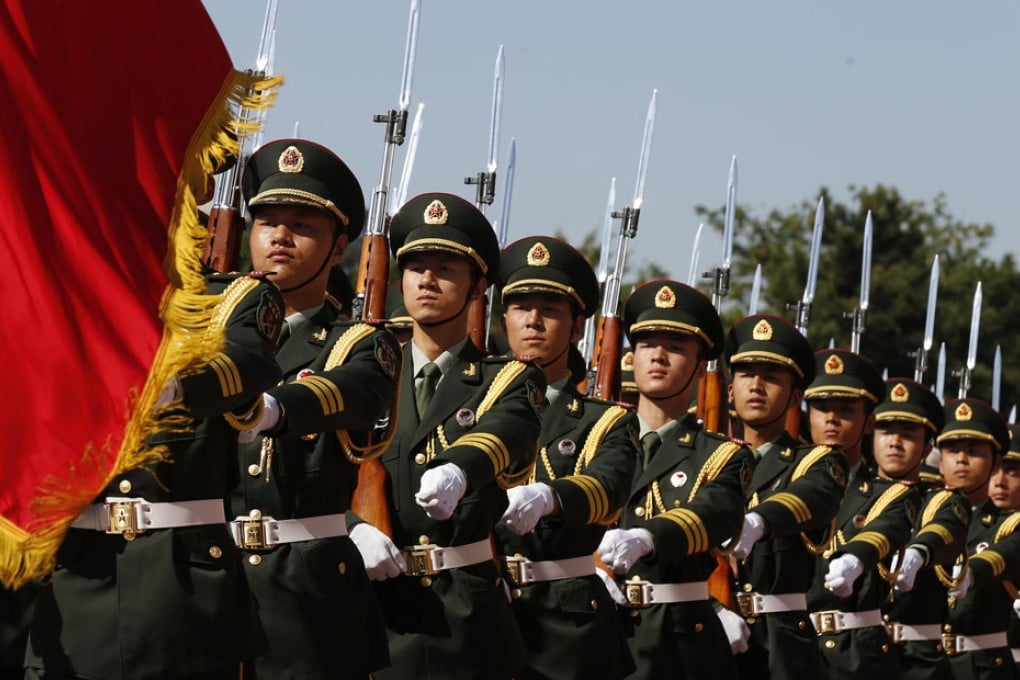China's People's Liberation Army told to learn from Japan's 1894 victory
Military daily highlights factors involved in Qing dynasty defeat to Japan in 1894 in commentary seen as alluding to corruption in today's military

PLA commanders should study the Qing dynasty's humiliating defeat to imperial Japan, a push seen by analysts as a warning against corruption in today's military, the leading military newspaper says.

The commentaries argue that the superior discipline and commitment of Japanese forces during the period of expansion and modernisation known as the Meiji Restoration allowed them to decimate the Qing dynasty's Beiyang, or northern, fleet.
"The Chinese navy was equipped with the same advanced warships and weapons that were used by the Meiji maritime forces," one article said. "But Chinese sailors and officers were keen on mocking foreign instructors who were highly paid, causing a striking contrast with the Japanese navy's serious and humble learning attitude."
Analysts said the articles were intended to highlight the fact that the Qing-era military faced many of the same challenges that the People's Liberation Army is struggling with now. These include nepotism, factionalism and corruption.
"It's an open secret that the corruption problems inside the PLA today are even worse than those of the Qing dynasty's Beiyang fleet," said Ni Lexiong , director of a defence policy research centre at the Shanghai University of Political Science and Law.